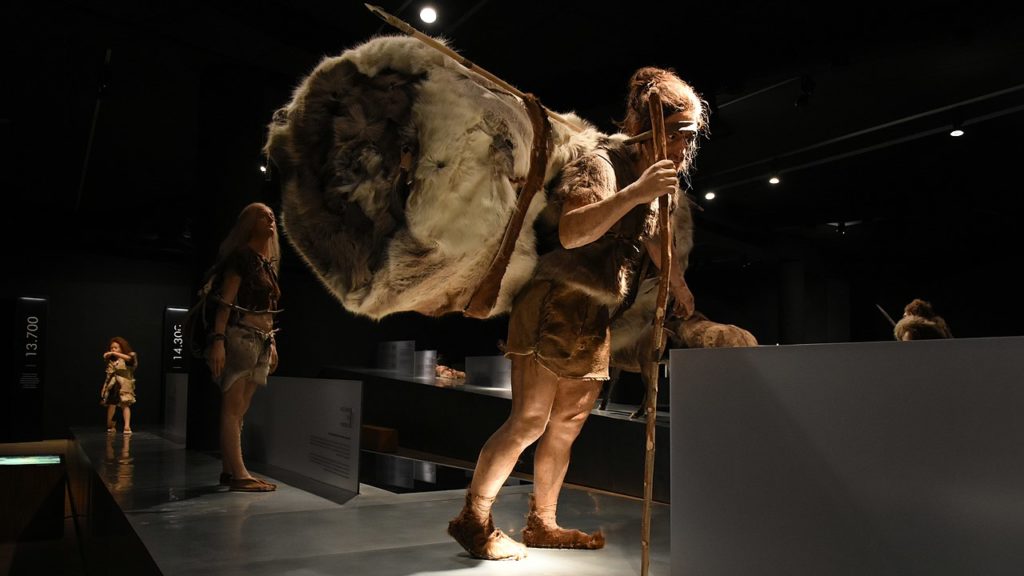People who have a tiny piece of genetic material traced back to Neanderthal man could be at higher risk of serious illness caused by the coronavirus SARS-CoV-2, according to a joint Swedish-German paper published in the journal Nature.
About 50,000 years ago, Homo neanderthalis interbred with the relatively more recent Homo sapiens, and the descendants of that union are alive today. About 16% of European and South Asians are thought to have the genetic link to Neanderthal man.
The figure rises to 63% in Bangladesh, where almost two out of three people have the particular genetic string identified as Neanderthal. On the other hand, it is virtually non-existent in African populations.
The Swedish-German study was looking at the genes of people who had been particularly hard-hit by an infection with Covid-19, and quite by chance, happened to notice that what those patients had in common, they also had genetically in common with Neanderthals.
“I almost fell off my chair because the segment of DNA was exactly the same as in the Neanderthal genome,” Hugo Zeberg, an assistant professor at the Karolinska Institute in Stockholm, told the Guardian.
The Neanderthal genes may have persisted all this time, the team speculates, because it was useful for survival, perhaps, ironically, in fighting infections. That benefit seems to have turned against carriers of the genes.
Two DNA chains are involved: one has an effect on the immune system, and the other has a role in the way the virus can enter human cells. One or both could be involved in exacerbating the effects of Covid-19, firstly by opening up the cells to invasion, and the other by either suppressing the immune response, or conversely by intensifying it. Research has suggested that the most severe effects of Covid-19 could be a result of the body’s own defences attacking the host.
Professor Svante Pääbo, co-author of the study and director of the Max Planck Institute of Evolutionary Anthropology in Leipzig, was leader of the team that first decoded the Neanderthal genes in 2010. Now, he estimates, about 100,000 of the deaths recorded in the current pandemic could be linked to the genes.
Alan Hope
The Brussels Times

